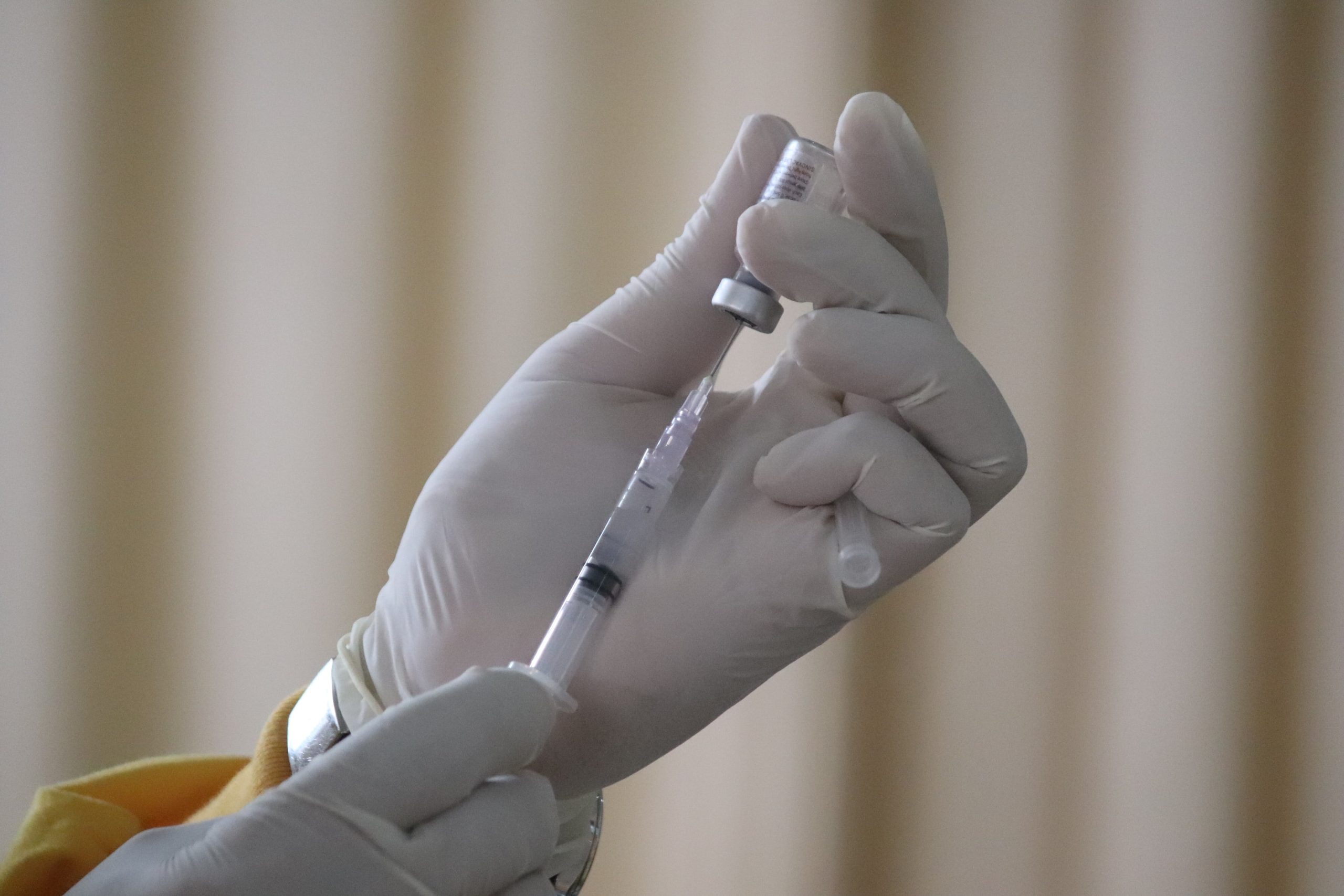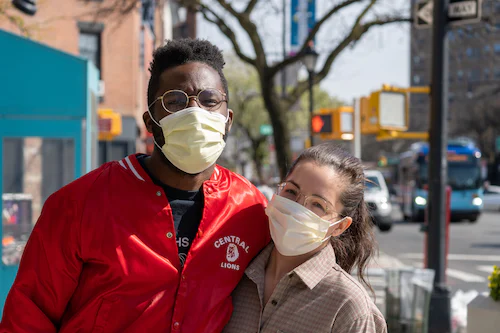Are you tired of hearing conflicting information about vaccines? With so much misinformation circulating online, it can be difficult to separate fact from fiction. In this blog post, we’re going to debunk common myths and misconceptions about vaccines once and for all. From fears of autism to concerns about safety, we’re tackling the most hotly debated topics surrounding vaccinations. So sit back, relax, and get ready for some science-based truth bombs!
What are vaccines?
Vaccines are one of the most effective and widely used tools for preventable disease control. Yet, there is a lot of misinformation out there about vaccines. Let’s clear up some common myths and misconceptions about vaccines.
Vaccines are not just for kids. While it is true that infants and children are more vulnerable to diseases, everyone can benefit from vaccinations. Vaccines help protect us from serious and sometimes deadly illnesses, such as influenza, pneumonia, and measles.
Vaccines are safe. The vast majority of people who receive vaccines have no serious side effects. When side effects do occur, they are usually mild and temporary, such as a sore arm or low-grade fever. Serious side effects are extremely rare and typically only occur when someone has an underlying medical condition that makes them more susceptible.
Vaccines do not cause autism. There is no scientific evidence to support this claim. In fact, the original study that claimed a link between the MMR (mumps, measles, rubella) vaccine and autism has been debunked as fraudulent.
You cannot get the flu from the flu vaccine. The flu vaccine does not contain live viruses, so it is impossible to get the flu from it. Some people may experience mild side effects after getting the vaccine, such as a low-grade fever or soreness at the injection site, but these are not indicative of contracting the flu.
The HPV vaccine does not cause infertility or cancer. The HPV
How do vaccines work?
The human body is constantly under attack from viruses, bacteria, and other pathogens. The immune system is our first line of defense against these invaders, but sometimes it needs a little help. Vaccines work by protecting the body against disease-causing viruses, bacteria, or other organisms.
Vaccines contain either dead or weakened forms of the virus, bacteria, or other organism. When these weakened forms enter the body, they stimulate the immune system to produce antibodies. These antibodies then circulate through the body and provide protection against future infections with that particular virus, bacteria, or organism.
It’s important to note that vaccines don’t just protect the individual who receives them. They also help to protect entire communities by preventing the spread of disease. When enough people in a community are vaccinated against a particular disease, it’s known as herd immunity. Herd immunity helps to protect those who can’t be vaccinated (such as young babies or people with certain medical conditions) and can prevent outbreaks of disease altogether.
The history of vaccines
Vaccines have been around for centuries, with the first recorded instance dating back to 1796. Edward Jenner, a British physician, observed that milkmaids who had previously contracted cowpox were immune to smallpox. He took samples of pus from a cowpox lesion and inoculated it into several people, including himself and his son. All of the patients developed immunity to smallpox.
This finding laid the groundwork for future vaccines, as Jenner showed that it was possible to create immunity to a disease without actually having to contract the disease itself. In 1885, Louis Pasteur successfully used heat-killed bacteria to immunize against anthrax, and in 1914 he created a vaccine for rabies. These achievements led to Pasteur being known as the “father of modern vaccination.”
Today, vaccines are routinely given to children as part of their routine childhood immunizations. However, there is still much debate surrounding vaccines, with some people claiming that they are unsafe or unnecessary. Let’s take a look at some of the most common myths about vaccines and see if there is any truth to them.
Why are vaccines important?
Vaccines are important because they can help protect us from diseases. For example, the polio vaccine has helped to eliminate polio in many countries. Vaccines also help to protect people who cannot be vaccinated, such as young babies or people with certain medical conditions, by creating what is called “herd immunity”. Herd immunity occurs when enough people in a community are vaccinated against a disease so that even those who are not vaccinated are protected from getting the disease.
Are there any risks associated with vaccines?
Yes, there are some risks associated with vaccines, but they are usually very minor and temporary. The most common side effects are soreness and redness at the injection site, a low-grade fever, and achiness. More serious side effects are extremely rare, but may include allergic reactions, seizure, or temporary paralysis.
Common myths and misconceptions about vaccines
It’s no secret that there is a lot of misinformation out there about vaccines. With the rise of the anti-vaccine movement, it’s become even harder to sort through all the noise and figure out what’s true and what’s not.
To help clear things up, we’ve compiled a list of some of the most common myths and misconceptions about vaccines, along with the facts to set the record straight.
Myth #1: Vaccines are not safe.
Fact: Vaccines are safe. They undergo years of testing before they are ever approved for use, and they are constantly monitored for safety after they are in use. The risks associated with vaccines are extremely small, and far outweighed by the benefits.
Myth #2: Vaccines cause autism.
Fact: There is no evidence that vaccines cause autism. This myth originated from a single, now-discredited study that has been debunked time and again by subsequent research.
Myth #3: Natural immunity is better than vaccine-induced immunity.
Fact: Natural immunity is not necessarily better than vaccine-induced immunity. First of all, natural immunity is not always complete or long-lasting. And secondly, exposure to certain diseases can be very dangerous, even deadly – something that vaccinated individuals don’t have to worry about.
Myth #4: We don’t need vaccines because our immune systems will protect us.
Fact: Our immune systems are good, but they’re
Conclusion
Vaccines have saved countless lives since they were first introduced and are one of the most important medical advances in history. Despite this, there is still a lot of misinformation out there about vaccines. In this article, we’ve addressed some of the most common myths and misconceptions surrounding vaccination, helping to ensure that you can make an informed decision when it comes to protecting yourself and your family from preventable illnesses. It’s clear that while vaccines may not be perfect, they remain our best defense against many unnecessary illnesses.










